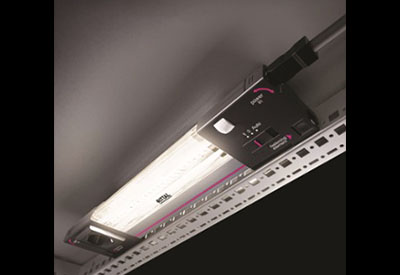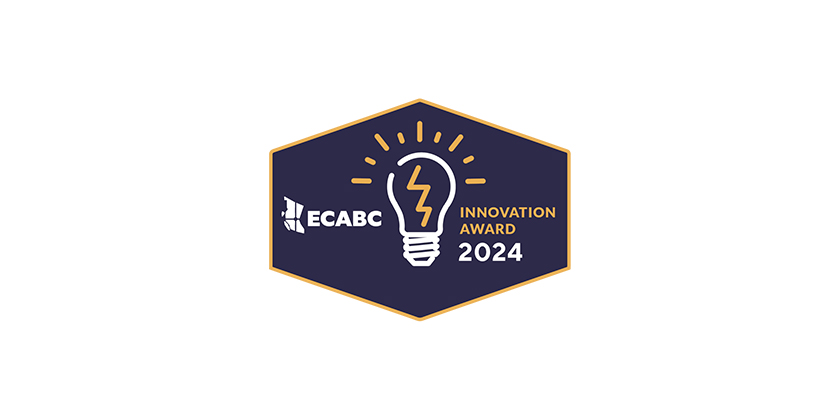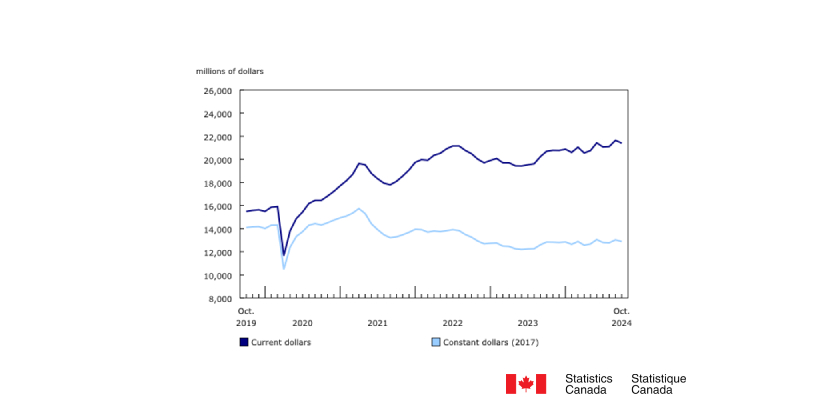Q4 Non-residential Building Construction Prices Up 0.6%

February 17, 2017
The Non-residential Building Construction Price Index (NRBCPI) was up 0.6% in the fourth quarter compared with the previous quarter. This was the fifth consecutive quarterly increase and the largest gain since the second quarter of 2014.
Contractors reported quarterly increases in six of the seven census metropolitan areas (CMAs) surveyed. Vancouver (+1.1%) and Montréal (+0.9%) posted the largest advances, which mainly reflected higher material prices for contractors in the architectural and structural trades. The composite index for Edmonton was unchanged in the fourth quarter.
Year over year, the NRBCPI rose 1.6%, with Vancouver (+5.8%) and Toronto (+3.7%) reporting the largest increases. Edmonton (-2.6%) and Calgary (-1.9%) reported the only year-over-year declines.
How construction prices have evolved
As 2017 marks the 150th anniversary of Confederation, we take a look back at an aspect of construction prices in Canada.
Information on wholesale building material prices dates back to 1871. Data collection to produce a non-residential material input price index started in 1926. Back then, prices were collected for materials used in projects such as shipbuilding, bridge building and woodworking plants, projects that differ greatly from construction projects today.
In 1970, Statistics Canada adopted model pricing to measure the price changes of construction projects. Using this approach, representative cost components for each building model are weighted according to their relative importance, and then priced through time. These components include the costs of materials, labour and equipment, and contractors’ overhead and profit.
The model approach was first applied to representative models of an office building and a high school, which were then priced in Montréal, Toronto, Ottawa and Vancouver. A light factory building was subsequently added, and the agency began to publish data for all three models as part of the NRBCPI in 1972.
Source: Statistics Canada, www.statcan.gc.ca/daily-quotidien/170214/dq170214a-eng.htm.

















